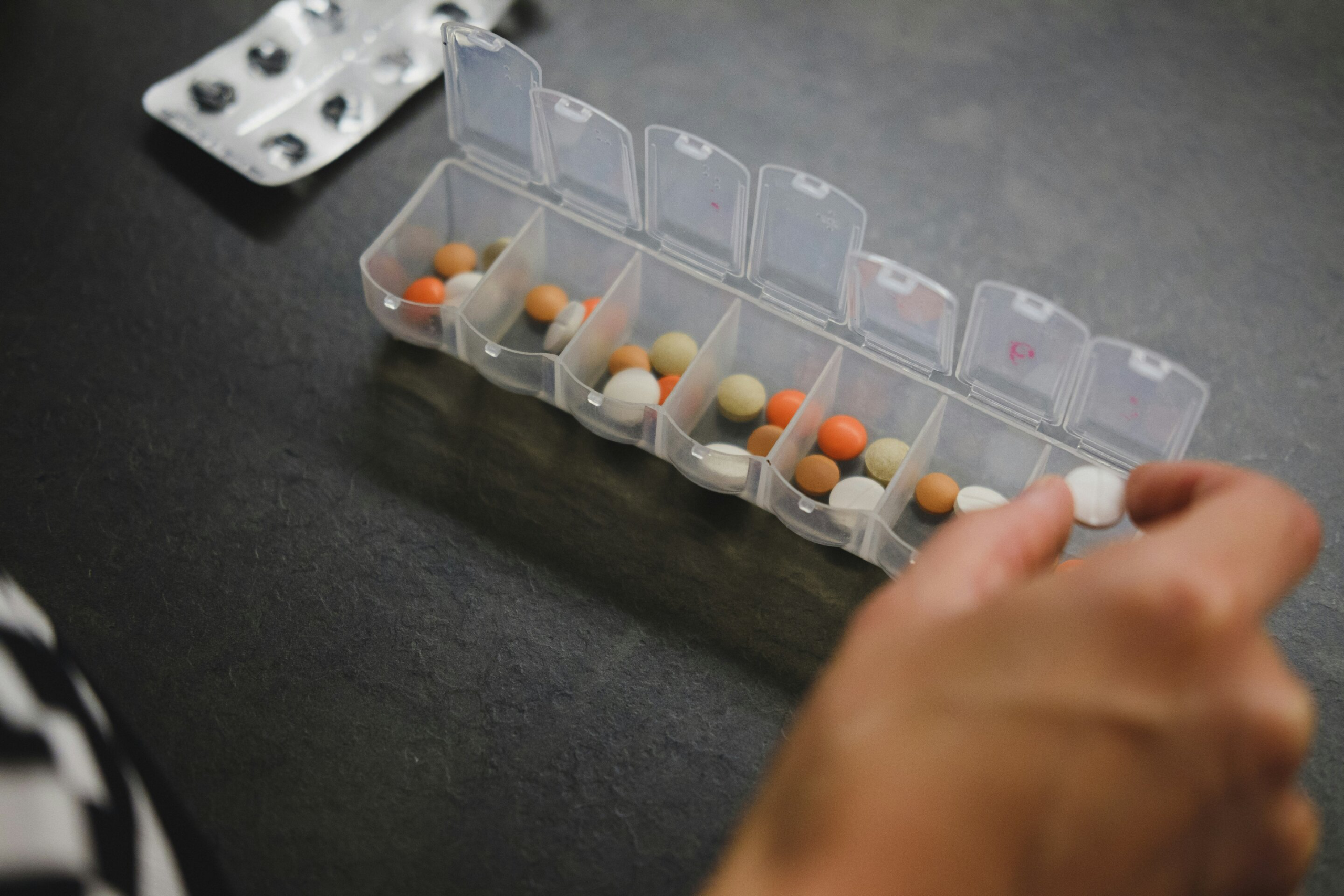Click here to sign in with or
Forget Password?
Learn more
share this!
Share
Twit
Share
Email
December 3, 2024
This article has been reviewed according to Science X’s editorial process and policies. Editors have highlighted the following attributes while ensuring the content’s credibility:
fact-checked
peer-reviewed publication
trusted source
proofread
by Julia Milzer, CU Anschutz Medical Campus
A study published in JAMA reveals text message reminders for patients who delay refilling their medications didn’t help improve how regularly they refilled medications over a year.
The study enrolled over 9,000 patients in a randomized pragmatic clinical trial and included representation from a diverse population across subgroups, including females, Hispanic ethnicity and Spanish-speaking patients, all groups who can be traditionally underrepresented in clinical trials.
“There are a lot of studies that focus on using technology to improve health care behaviors. However, it’s unclear and under-studied whether text message reminders are effective for a sustained period, given they have become a commonly used practice in health care settings,” said first author Michael Ho, MD, professor adjoint in the department of medicine and cardiology at the University of Colorado School of Medicine on the University of Colorado Anschutz Medical Campus.
“That’s one of the reasons why we wanted to focus on text message reminders for refilling medication in this study, which we were hoping would also decrease serious health issues.”
The researchers compared different types of text messaging strategies to usual care to improve medication refill adherence for chronic cardiovascular medications. Messages were delivered when patients had a refill gap of more than seven days and sent in either English or Spanish based on patients’ language preference.
“An important factor of our research was to include representation from a range of backgrounds, since different cultures and experiences can shape preferences for communication methods and result in varying technology behaviors,” said senior author Sheana Bull, Ph.D., MPH, professor emerita and advisor to the mHealth Impact Laboratory at the Colorado School of Public Health on the CU Anschutz Medical Campus.
The research found refill adherence over the first three months improved by five percentage points and the median length of initial gaps was reduced by approximately five days, meaning patients had five more days of their medication supply.
However, text message reminders were not effective in improving refill adherence at 12 months, regardless of the type of message: generic text messages, messages using persuasive communication strategies called behavioral nudges or behavioral nudges, plus a chatbot. This was consistent for all genders and races, and there was no difference between the different text message methods.
“Chronic medical conditions are increasing and controlling these conditions often requires patients to take medications long term. It’s important to identify strategies to help patients take their medications regularly to prevent these medical conditions from worsening,” adds Ho.
“Our study shows adherence to chronic cardiovascular medications was low over 12 months, and therefore, we need to test new strategies to improve this, especially as more people are developing chronic medical conditions.”
The researchers will next study if more advanced digital technologies incorporating machine learning and artificial intelligence can improve longer term behaviors related to medication refills.
This research was conducted by a team at the CU Anschutz Medical Campus, including faculty from the CU School of Medicine, Skaggs School of Pharmacy and Pharmaceutical Sciences and the Colorado School of Public Health.
More information: P. Michael Ho et al, Personalized Patient Data and Behavioral Nudges to Improve Adherence to Chronic Cardiovascular Medications, JAMA (2024). DOI: 10.1001/jama.2024.21739
Explore further
Facebook
Twitter
Email
Feedback to editors
9 hours ago
0
18 hours ago
1
Dec 2, 2024
0
Dec 2, 2024
0
Dec 2, 2024
0
1 hour ago
1 hour ago
6 hours ago
6 hours ago
8 hours ago
8 hours ago
8 hours ago
8 hours ago
9 hours ago
9 hours ago
Nov 18, 2024
Nov 4, 2024
Apr 16, 2024
May 6, 2024
Jul 24, 2024
9 hours ago
10 hours ago
12 hours ago
15 hours ago
Dec 2, 2024
Dec 2, 2024
Use this form if you have come across a typo, inaccuracy or would like to send an edit request for the content on this page. For general inquiries, please use our contact form. For general feedback, use the public comments section below (please adhere to guidelines).
Please select the most appropriate category to facilitate processing of your request
Thank you for taking time to provide your feedback to the editors.
Your feedback is important to us. However, we do not guarantee individual replies due to the high volume of messages.
Your email address is used only to let the recipient know who sent the email. Neither your address nor the recipient’s address will be used for any other purpose. The information you enter will appear in your e-mail message and is not retained by Medical Xpress in any form.
Get weekly and/or daily updates delivered to your inbox. You can unsubscribe at any time and we’ll never share your details to third parties.
More information Privacy policy
We keep our content available to everyone. Consider supporting Science X’s mission by getting a premium account.
Daily science news on research developments and the latest scientific innovations
The latest engineering, electronics and technology advances
The most comprehensive sci-tech news coverage on the web

